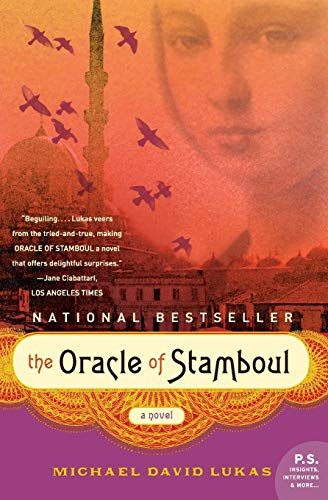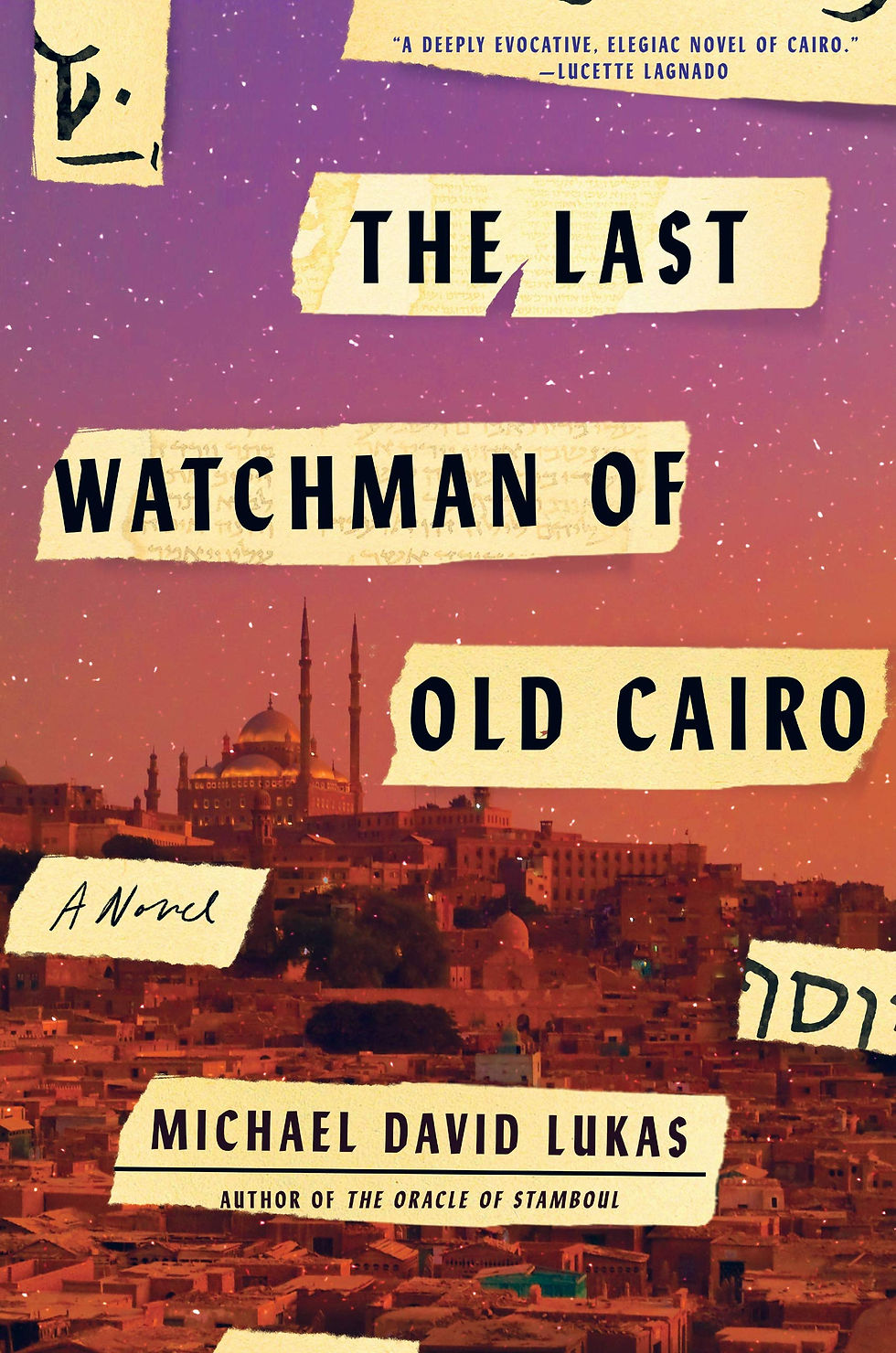Guest Writer Michael David Lukas: On Revision
- amysmithauthor
- Apr 19, 2022
- 4 min read
There’s a story about Joseph Conrad that I like to think about when I’m feeling bad about my writing. As the story goes, Conrad had just finished his fourth or maybe it was his fifth novel and gave it to his wife to read before sending it off to his publisher. While she was reading, he locked himself in his study and the whole time, she heard him shouting and pounding on the wall telling her the book wasn’t done, that she should tear it up and he would start over again.
I like the story because it so perfectly illustrates the relationship between writers and their work, that persistent gap between the ideal version of a piece of work, that vision of what it could be, and reality. Even Conrad, writing his fourth or fifth novel, saw a yawning chasm between the novel he wanted to write and the novel he had written.
I think that’s partly what Oscar Wilde was getting at when he said:
“Books are never finished, only abandoned.”
It’s what Nabokov meant when he said:
“I have rewritten—often several times—every word I have ever published. My pencils outlast their erasers.”
It’s what Susan Sontag meant when she said:
“I don't write easily or rapidly. My first draft usually has only a few elements worth keeping. I have to find what those are and build from them and throw out what doesn't work, or what simply is not alive.”
It’s what Colette was getting at when she said:
“Put down everything that comes into your head and then you're a writer. But an author is one who can judge his own stuff's worth, without pity, and destroy most of it.”
According to these writers and many others, revision is at the heart of the writing process. In fact, I would argue that this process of refinement and cajoling, tearing down, building back up, tearing down again, this hard work of reimagining and retooling, this torturous inching a piece of writing closer and closer to its ideal form (which may or may not be the vision you started out with), it’s inseparable from the rest of the writing process. It’s the 99% perspiration that determines whether a piece of work succeeds or fails.
And yet, as important as it may be, revision isn’t usually talked about much (aside from the occasional aphorism, like the ones I quoted above). Writers don’t usually get into the details of their revising techniques, in part I think because it’s so difficult, because it’s so messy. And also, I think because the process is so individual.
Every writer has their own specific set of practices and superstitions by which they attempt to perform that magic act of transforming a piece of writing into its best self. And these practices, also, are in a constant state of evolution, at least in my own experience. The act of revision is always itself being tweaked to yield better results.
Even so, I think, there are some general principles that hold true for every writer:
1) Revision involves the constant oscillation between the creative self and the critical self
2) Revision requires looking at your work in a new light—hence re-vision—being able to see what’s working and what’s not, being able to pick out that ideal self hiding amidst the wreckage of your draft
3) Revision requires you to translate this new vision onto the page, to make all the tiny and enormous changes that you need to make, or at least a good portion of them
So how do you do this? Like I said, revision is an intensely personal process. Unlike plot or character building or so on, it’s hard to offer a set of rules and regulations that you can apply to your own work. I would never suggest that my revising process—which involves throwing away and rewriting, writing back hand and then transcribing to the computer—would work for anyone else. But I do think that there are some universally applicable (or at least widely-applicable) rules that I can glean from my own ungainly and perhaps needlessly difficult revision process.
The first thing to know is that revision is messy. It involves killing a lot of darlings, as F. Scott Fitzgerald said. And it’s never easy. As much as you may think you might know about writing, as good as your process might be, writing is hard work.
Second, know your selves. More than anything, it’s important to manage your different writing selves, to turn up the creative self when it’s time to create and turn up the critical self when it’s time to critique.
Third, don’t be afraid to throw things out. Try not to be so attached to what you have that you are unable to see beyond it. As Samuel Johnson said: “Read over your compositions, and where ever you meet with a passage which you think is particularly fine, strike it out.”
Fourth, feedback is not always your friend. It can be incredibly helpful to get outside opinions and they can help you to see the piece through new eyes. But sometimes (especially when the feedback is contradictory) it just muddies your own vision of what you need to do.
And finally, keep at it. Writing is hard. Revision is harder. But there is nothing that’s more important.





Comments